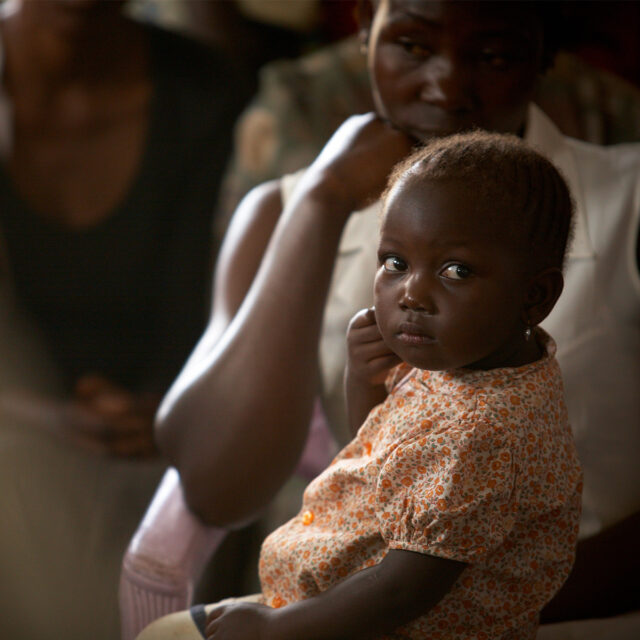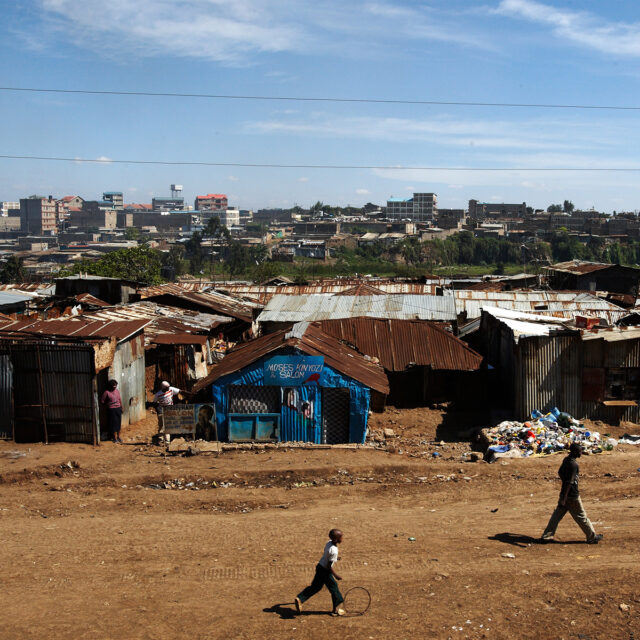Did you know the first unofficial Population Day happened on July 11th, 1987? Back then, it was also known as the Day of Five Billion as this was the approximate date on which the world’s population reached five billion people!
The world’s gotten a lot bigger since then, so we’ve decided to share some surprising facts to about the global population to keep you up to date:
1. The world population is growing rapidly.
The world population increases by about 83 million people every year. Right now, there are about 7.6 billion people around the world. That means there are over half a billion more people in the world than when we reached the 7 billion mark in October 2011 – less than 7 years ago.
If populations continue to increase as they are now, there will be about 10 billion people worldwide by 2050.
2. The three most populous nations in the world will change.
For half a century, China has been the most populated country in the world. This will change, as India is expected to overtake China by 2022. Additionally, the United States will lose its third-place spot to Nigeria.
3. Of the 10 most populous countries, Nigeria has the fastest growing population.
Nigeria is currently the 7th most populated country in the world, but that will quickly change. Nigeria has a growth rate of 2.6% a year – the highest among the 10 most populous countries in the world. By 2050, its population will more than double from 195 million to an estimated 410 million.
4. 9 countries will account for half of the population growth.
As the world inches closer to 10 billion people, some nations will play a larger part than others. India, Nigeria, the Democratic Republic of the Congo, Pakistan, Ethiopia, the United Republic of Tanzania, the United States of America, Uganda, and Indonesia will contribute to the most population growth from now until 2050.
5. The African population is growing, while the European population is shrinking.
The amount of young people currently living in Africa will make a substantial difference to the world’s population. The number of people who will reach adulthood in the coming years ensures that the continent will experience significant growth by 2050.
Europe will experience the opposite. All European countries are experiencing fertility below what’s needed to maintain current population levels, meaning that not enough babies are being born to replace the generation before them. European countries are expected to get smaller, if they aren’t already.
6. Monaco is currently has the most dense population in the world.
The independent city-state of Monaco may be the second smallest sovereign state in the world, but it’s population is far from small. Despite only covering .78 square miles, it has a population of 38,897. This evens out to about 26,105 people per square kilometer.
7. Overall fertility is declining, despite increased fertility in some parts of the world.
The global birth rate has fallen since the 1960s, and is expected to keep falling over the next few decades. Although the overall rate is declining, fertilities differs greatly across the world. For example, Africa experiences about 4.7 births per woman, while Europe experiences 1.6.
8. Life expectancy is increasing and becoming more universal.
In 2000, the global life expectancy was 67 years old. Fifteen years later, that number grew to 71. Life expectancy is expected to continue growing, reaching 77 years old by 2050.
As global life expectancy increases, there will also be less variation between different places in the world. Life expectancy in Africa was 60 years old in 2015, compared to 79 years in Europe. However, life expectancy is growing faster in Africa, meaning that the difference will become less drastic by 2050.
9. Millennials make up about 27% of the world’s population.
Millennials, roughly defined as people born between 1981 and 1997, make up a large portion of the world population. In fact, about 2 billion people worldwide are part of this generation. About 71% of millennials live in Asia or sub-Saharan Africa.
10. Niger currently has the youngest population of any country in the world.
A nation’s median age means that half the population is older than that age, while the other half is younger. In Niger, the median age is 15.3 years old. While Niger has the youngest median age in the world, a majority of African nations have median ages below 20.
Which population fact surprised you the most? Leave a comment below!



